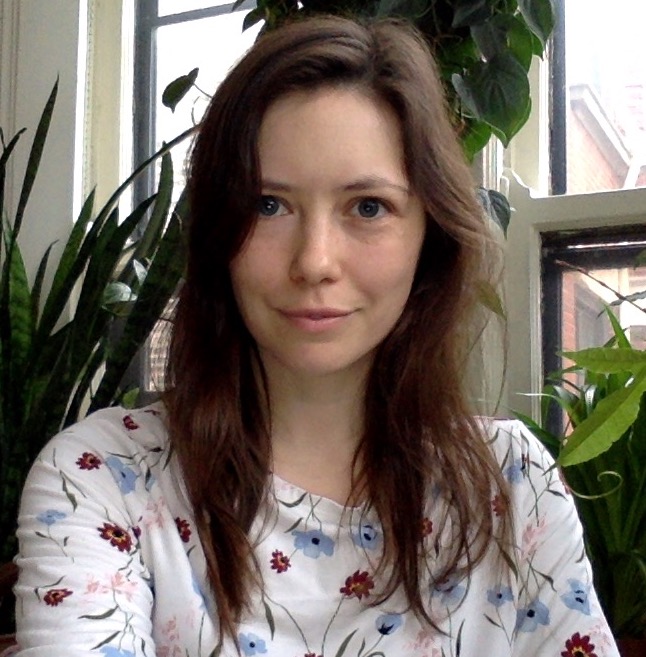
This stage of my dissertation research explores how several decades of European research on the external human ear have shaped contemporary practices of ear acupuncture, and energy-work of the ear more broadly, for substance abuse recovery in the US. I will follow researchers’ practices in Lyon, France, and other parts of Europe where energetic and electrical pathways of the ear are currently being investigated and mapped. Earlier work for this project involved following an informal network of individuals who were studying and practicing ear-therapies in makeshift free ‘clinics’ and recovery centers of rural New England, tracing their use of ear-maps and how these representations render a particular picture of the body/mind. Interviewing and following European researchers of auricular medicine will help me to better understand how this modality, which is adapted for local contexts shaped by the ‘opiate crisis,’ is formed across various time periods, geographic locations, and social relations. I will also browse maps of the auricle in the London-based Wellcome Collection – an archive of medical materials. This phase of my research would allow me to scale my project in creative ways, linking the local, lived realities of communities in rural New England to larger, transnational processes of knowledge production and circulation.
Biography:
Tracy Brannstrom is a third-year PhD student in Comparative Human Development. Her dissertation project explores the rise and evolution of ‘alternative’ forms of healthcare in the context of the ‘opiate crisis.’ She holds a Master’s degree in Folklore from the University of California, Berkeley, and an undergraduate degree in anthropology from Mount Holyoke College. Her research interests include experiences of illness and distress, mental healthcare, substance use, and efficacy and expertise in medicine.
 THE UNIVERSITY OF CHICAGO
THE UNIVERSITY OF CHICAGO

